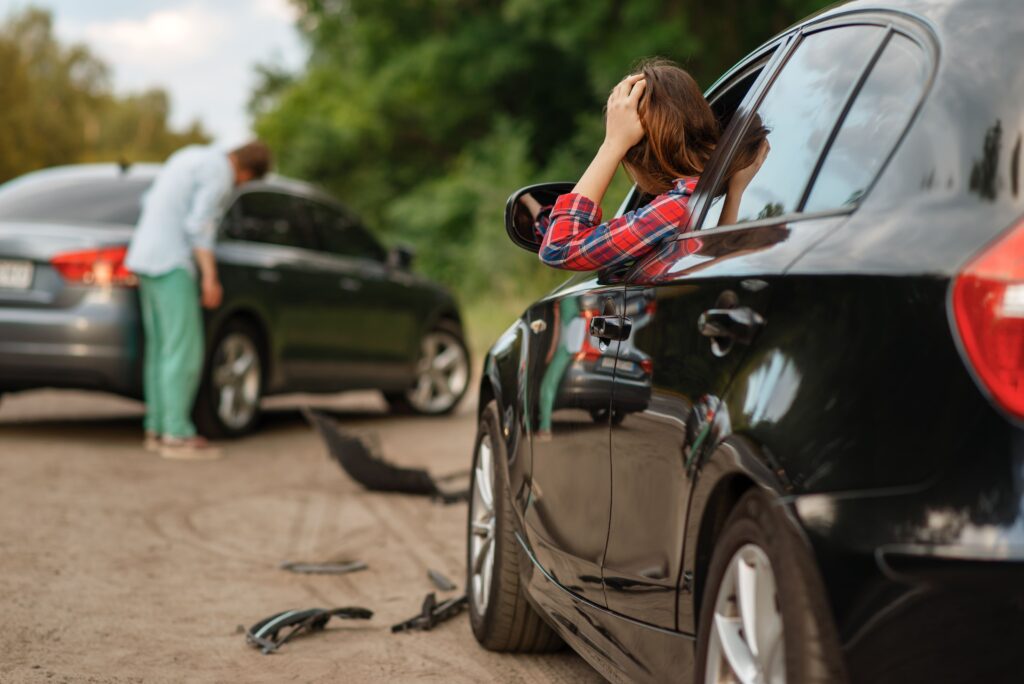Rollover accidents stand out for their potentially severe consequences in the diverse world of automobile accidents. Although less common than rear-end or head-on collisions, these particular accidents can lead to significant injuries and complicated legal scenarios. The following delves into rollovers, what causes these types of accidents, the injuries they often result in, and the legal avenues victims may choose to pursue.
Understanding The Causes Of Rollover Accidents
Rollover accidents can be attributed to a myriad of reasons, many of which intertwine with the unique dynamics of a vehicle and the surrounding environment. Some primary causes include:
- Vehicle Type – Taller, narrower vehicles like SUVs and vans are more prone to rollovers due to their higher center of gravity.
- Speed – A significant number of rollover accidents occur when drivers are going at high speeds, which can lead to loss of control.
- Alcohol Impairment – Intoxication can diminish a driver’s capacity to effectively gauge speed, distance, or road conditions, leading to mishaps.
- Rural Roads – These often lack barriers and have undivided lanes. Their uneven surfaces can trigger a vehicle to tip over.
- Sharp Turns or Sudden Maneuvers – A rapid change in direction can cause the vehicle to skid sideways and roll.
Potential Injuries From Rollover Accidents
The nature of rollover accidents means that they can lead to a broad spectrum of injuries. Some of the most common include:
- Traumatic Brain Injuries (TBI) – The violent shaking or sudden impact can cause the brain to collide with the skull, leading to mild concussions or severe brain damage.
- Spinal Cord Injuries – The force exerted in rollovers can lead to fractures or dislocations in the spine, potentially resulting in paralysis.
- Broken Bones and Fractures – Arms, legs, ribs, and the collarbone are particularly susceptible.
- Internal Injuries – The impact can damage internal organs, leading to internal bleeding or other life-threatening conditions.
- Lacerations and Abrasions – Broken glass or metal can cause deep cuts, while friction can result in severe abrasions.
- Ejection Injuries – If a passenger is thrown from the vehicle, they may suffer from multiple traumas, including fatal ones.
Seeking Legal Recourse
As a car accident lawyer can explain, the aftermath of a rollover accident can be overwhelming. Victims might feel cornered between medical bills, lost wages, and the emotional toll. However, the legal system is designed to provide recourse.
Firstly, it’s crucial to determine the at-fault party. Was another driver involved? Were road conditions a contributing factor, indicating possible liability on the part of a municipality? Or perhaps a vehicle defect instigated the rollover, placing responsibility on the manufacturer.
Once liability is established, victims can claim compensation for medical expenses, pain and suffering, lost earnings, and other associated costs. Professionals like those at Herschensohn Law Firm, PLLC, can attest to the intricacies involved in navigating these claims and the importance of securing expert legal assistance.
Rollover accidents, with their complex causes and severe consequences, underscore the importance of safe driving and the value of informed legal counsel. Remember that legal recourse is available if you or a loved one has experienced such an accident. By seeking guidance, victims can understand their rights and ensure adequate compensation for their hardships.

